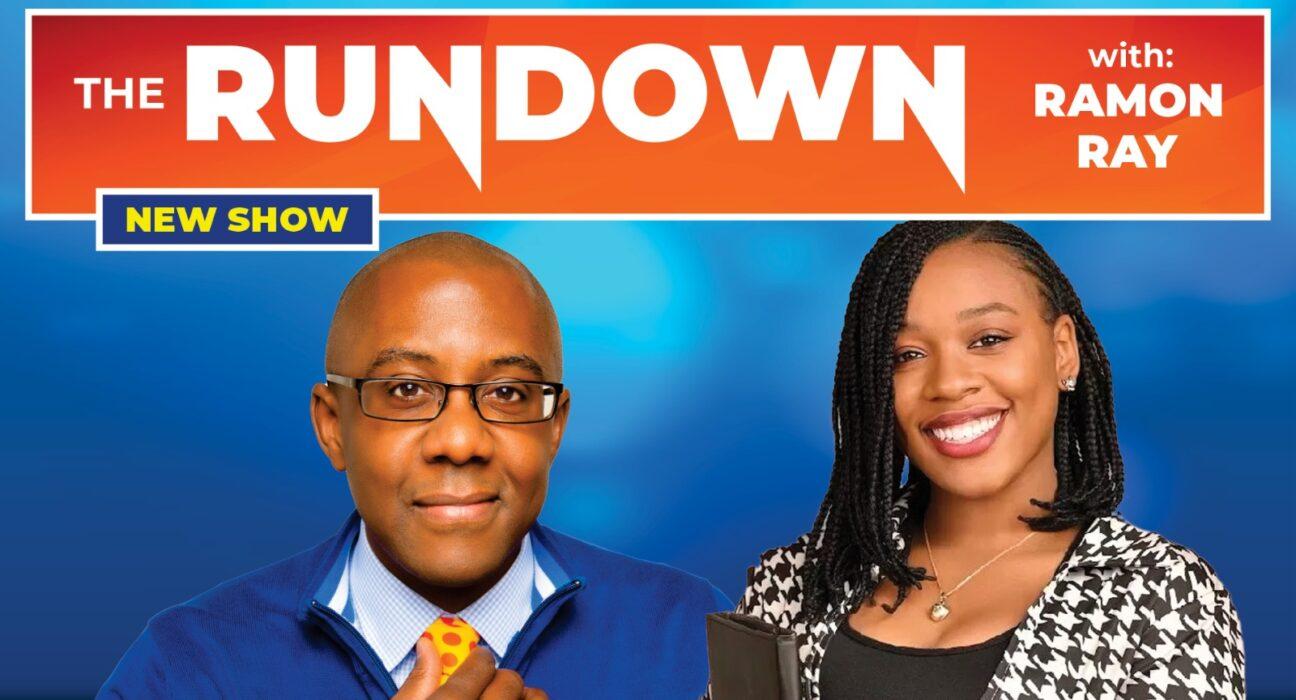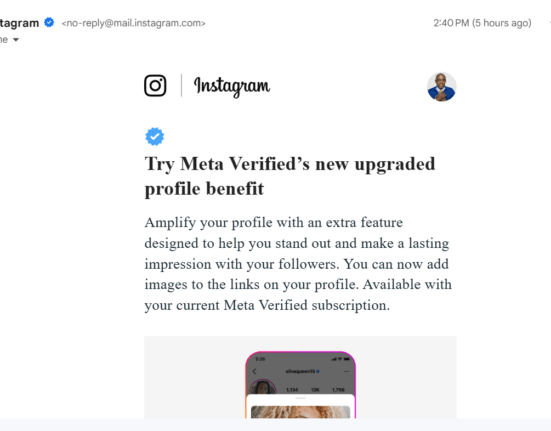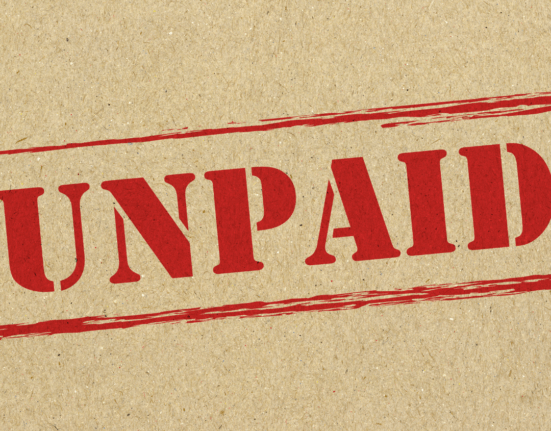Anyone who’s ever dreamt of writing and publishing a book has likely also considered self-publishing as an alternative to publishing houses. However, the world of book publishing can be daunting, and it can be challenging to know where to begin, no matter how viable a book concept you may have.
If you’ve got a book in you but aren’t sure how to transition from idea to published product — not to mention profit from your venture — you’ve come to the right place. Recently, Ramon Ray sat down with book coach, author, and TEDx speaker Porsché Mysticque Steele, CEO of Mysticque Rose Publishing, for an informative conversation on book publishing. With her insights and some of our own, we’ve put together this comprehensive guide as your starting point for getting your book out of your head and out in the world.
Let’s get into the details so you can start your journey to publishing influential, impactful books that allow you to generate income and pursue your publishing passions.
Listen to the entire episode on our Podcast or YouTube
Self-Publishing on Amazon Versus Doing It Yourself
The first question that often plagues aspiring authors is whether to self-publish on Amazon, known as the Kindle Direct Publishing (KDP) platform, or take the independent route. To answer that question, start by evaluating your existing community, circle of influence, and financial circumstances.
So, for example, someone like Glenn Lundy, an auto industry leader, and renowned motivational speaker, has a massive following of people who already know, like and trust him. If he writes a book, he doesn’t need Amazon to sell it. He can sell it exclusively through his website and retain full rights and royalties.
You could do the same if you have a broad sphere of influence, even adding personal touches like bookmarks or handwritten notes when you ship your books.
However, if you don’t yet have a substantial following, KDP can be a great way to reach an audience that trusts the KDP platform even if they don’t yet know, like, and trust you as the author. With 54% of product searches originating on Amazon, KDP is part of what’s considered the world’s largest search engine for e-commerce, according to Moz. So, if your book can show up in that space, it can be a powerful way to launch.
“The only issue with that is that Amazon takes a pretty big cut,” Steele cautions. “They take anywhere between 30% to 70% on every book you sell.”
However, Amazon’s global reach and recognition are undeniable. If you sell exclusively through your website, you must invest upfront in printed copies of your book. “If you’re printing 500 to 1000, you’re looking at maybe two $3,000,” Steele explains. And for somebody who’s just starting out, they may not have that money.”
In contrast, KDP is print-on-demand, meaning Amazon prints and ships your book anytime someone orders it. You don’t have to worry about printing, order fulfillment, shipping, and handling, as KDP handles everything. Steele adds, “That’s why their cut is so hefty.”
The Rise of Self-Publishing
Once upon a time, people who self-published were those who couldn’t secure deals with traditional publishers. Today, however, perceptions have shifted, and self-published authors have earned their seats at the table of reputable authors.
In the last five years alone, there’s been a 264% increase in the number of self-published books — with 300 million self-published books sold per year. Considering that Amazon pays $520 million in royalties annually to authors of self-published books, it’s clear that the stigma around self-publishing is fading.
The dramatic growth underscores the growing popularity of self-publishing as a viable path for authors who would rather eschew traditional publishing in favor of author-friendly alternatives. Traditional publishing, which involves securing a publishing deal with a publishing house, has advantages, including broader distribution and marketing support. However, it often involves a lengthy process that includes literary agents, rejection letters, and shared royalties.
Self-publishing empowers authors with more control and higher royalties, even if it requires substantial self-promotion and marketing efforts. It’s a path that many successful self-published authors prefer, as Mashable highlights with a few self-publishing success stories:
- Lawyer-turned-author L.J. Ross self-published her debut novel, Holy Island, on KDP and went on to publish 19 novels, selling roughly 4.5 million copies in total.
- Rachel Abbott self-published her first book, Only The Innocent, on KDP and became an Amazon bestselling independent author. She now has 11 novels to her name, selling over 4 million copies and reaching six-figure sales for every one of her books in year one.
- Award-winning horror author Adam Nevill found success in traditional publishing with 19 novels before turning to self-publishing. He aimed to claim greater control over the packaging and marketing of his books. To date, his first self-published novel, The Reddening, has out-sold several of his traditionally published books.
Literary Agents’ Role in the Age of Self-Publishing
Suppose you’re pondering self-publishing or weighing the pros and cons of publishing on Amazon versus maintaining complete control. In that case, you might also be wondering whether a literary agent fits into the equation.
Literary agents can help secure publishing deals, negotiate contracts, and provide industry insights. However, having an agent isn’t essential for all authors — and certainly not if you plan to self-publish.
There’s also no reason you can’t secure a literary agent after finding self-publishing success. Just be aware that working with an agent means paying agent commissions and keeping less of what you make.
What Does ‘Bestseller’ Mean?
The term “bestseller” has a certain allure, but what does it mean? Steele provides insights into the world of bestsellers on Amazon, explaining that it’s relatively easy to attain this title.
If you choose a super niche category with minimal competition and get enough people to buy your book in a 60-minute window, you can claim the “bestseller” title.
And while the term may impress some audiences, it doesn’t carry the same prestige as being a “New York Times Bestseller” or “Wall Street Journal Bestseller.” These titles involve substantial sales and distribution efforts and often require an extensive marketing campaign.
Self-Publishing: The Essentials You Need to Know
Self-publishing can be a fulfilling journey, but it comes with essential steps and considerations you shouldn’t skip. Follow the tips below to step into the role of an impactful writer.
Make it about your readers
Writing a book isn’t just about sharing your story; it’s about offering value to your readers. Steele encourages authors to ask two essential questions: What is your area of expertise, and what problems can you solve?
“The world’s most impactful books are simply solutions to the problems people have,” she says. In other words, your story is valuable, but it’s even more powerful when it helps your readers.
Be selfless
Along those lines, Steele emphasizes the selflessness of writing. Yes, use your personal journey to make your book unique, but don’t focus on yourself. Your writing has to be about your readers, what they get from your book, and how your expertise can help them.
Steele explains: “People tell me that all the time, ‘I have a story in me.’ And I’m like, That’s awesome. How will your story help the people who are supposed to read it? Forget about you. It’s never about you. I love you. You’re an amazing person, but it’s not about you. What are your readers going to get out of this? How will your story help them? And how will your expertise help them? And do you have enough knowledge to give it to them?”
Answering those questions will help you write a book that people will want to read, share, and return to again and again.
Secure an ISBN: Your Book’s Fingerprint
An International Standard Book Number (ISBN) is your book’s unique identifier. When self-publishing, obtaining an ISBN is crucial. While platforms like Amazon provide free ISBNs, authors should know that whoever owns the ISBN owns the book — whether that’s Amazon or any other publisher.
“In the U.S., you are not legally allowed to transfer ownership of an ISBN. If that publisher goes under, all of those ISBNs are gone. There’s nothing you can do about it,” Steele explains. “So if you want to independently publish your book, you buy your ISBN yourself. If you get a free one through KDP, you are not allowed to print or sell your book anywhere else. It can only be printed or sold through Amazon.”
To purchase an ISBN, visit Bowker online at MyIdentifiers.com, the only legitimate place to buy an ISBN in the United States.
Get Professional Assistance
Self-publishing doesn’t mean doing everything yourself. Certain aspects of your book are best handled by professionals.
For example, having a professional design your cover and choose a title can give you the competitive edge you need to market your book effectively.
Professional editing is also non-negotiable. Even highly professionally edited manuscripts may still have a few errors, so thorough editing is critical:
- Developmental editing to ensure continuity and logical flow
- Copy editing for fact-checking and ensuring consistency
- Line editing to improve sentence structure and readability
- Proofreading to eliminate typos and grammatical errors
Take a DIY Approach As Needed
For those seeking the most cost-effective route, Porsché offers a DIY approach:
- Write your book.
- Use tools like Grammarly for editing.
- Design your cover with Canva. For design inspiration, Steele suggests examining the New York Times bestseller list in your niche to identify prevalent design styles. You can then look for similar Canva book cover templates.
- Get your book formatted. You can hire a professional on Fiverr or Upwork inexpensively.
- Upload your book to KDP.
If you’re having trouble getting the creative juices flowing, try recruiting the help of artificial intelligence tools like ChatGPT, Copy.ai, or Jasper. These tools can help you research concepts, outline chapters, and brainstorm book titles and other content.
A word of AI caution, however: KDP now requires authors to disclose AI usage on text, images, and translations. To avoid that disclaimer (and produce better books), keep your content original, human-produced, and high-quality — and earn your place as a reputable author on the platform.
Market your book
To market your book effectively, Steele recommends creating a strategic launch event, such as a summit. This event not only serves as a platform to sell your book but also attracts potential clients. A well-executed launch can significantly impact the trajectory of your book’s success, leading to additional income streams, including:
- Consulting gigs
- Online courses
- Masterclasses
- Workshops
- Speaking engagements
A book should be the start of your journey, not the end. With these avenues, your book can generate income and opportunities long after its initial release.
Get coaching
Writing a book and marketing it are challenging tasks. Working with a coach such as Steele who has industry expertise can help you avoid common pitfalls and make the most of your book launch.
“One thing I like to tell people is that it may be quite expensive for you if you’re just getting started,” Steele says. “But when you work with somebody on your first book, you’re probably not going to need them for the second book — if they’re a good coach that taught you everything you needed to know. So when you move on to book two, three, and four, you know the process; you don’t need to pay anybody to assist you with the coaching aspect.”
Your Journey Is Just Beginning
With the insights and strategies shared in this ultimate guide, you’re better equipped to navigate the world of book publishing and embark on a successful journey as an author. As you consider the path of self-publishing, remember to write from personal experience, welcome professional assistance when necessary, and prioritize your readers’ needs.
Steele’s insights shed light on critical aspects of self-publishing to consider. However, you don’t need to go it alone if you’re new to the self-publishing world. Whether you’re an established online coach looking to grow your brand or an aspiring thought leader, working with an expert like Steele could mean the difference between self-publishing success and failure.
To learn more about Steele and her publishing services, visit her online at PorscheSteele.com and Mysticque Rose Publishing. You can also check out her book, The CEO Author.







